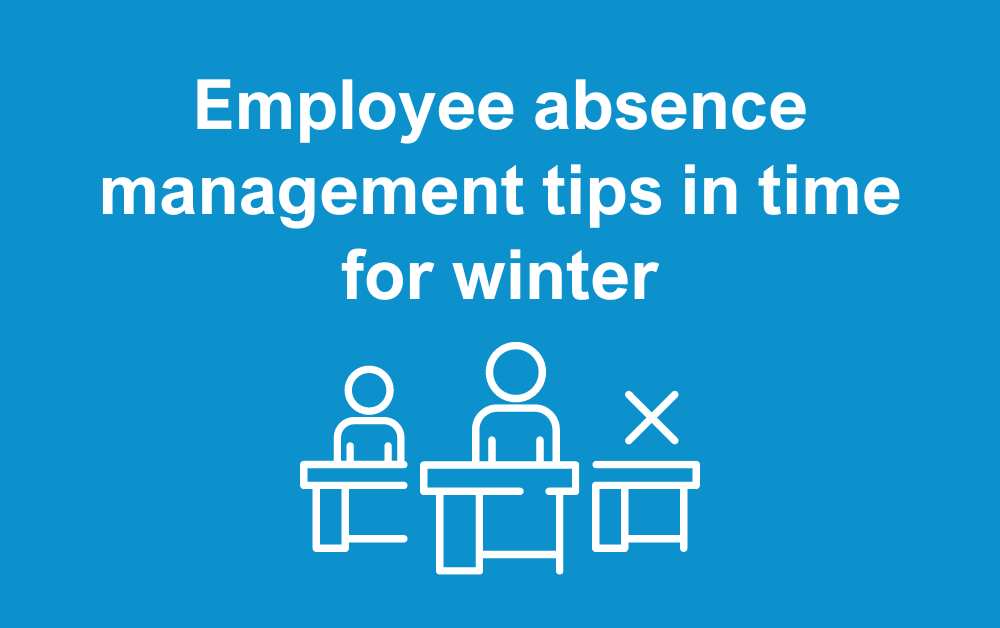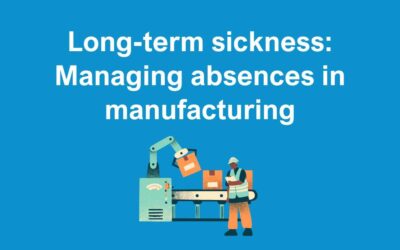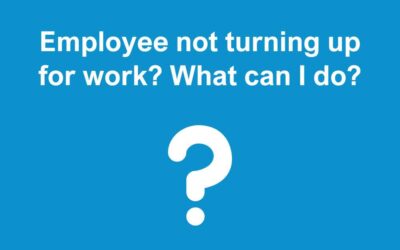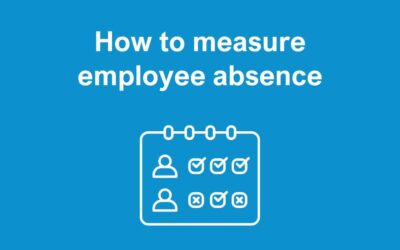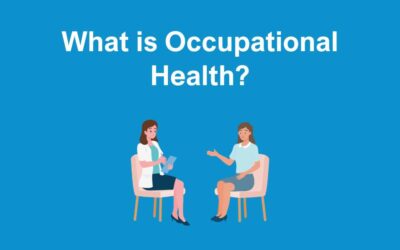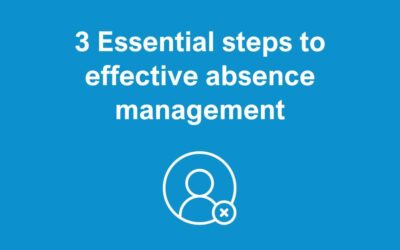We’re not even a week in to November and it already feels like the temperature has dropped dramatically. This is a not-so-subtle reminder that winter is on its way. The Autumn and Winter months can bring a lot of unwanted disruptions to your business and it’s important you prepare for this now.
One of the biggest issues that a business can face in Autumn and Winter is the rise in staff sickness levels. The absence of your employee not only costs your business money, but it can also negatively impact productivity.
It’s not just the common cold we have to worry about, we are also faced with the possible increase in Covid-19 cases. As an employer, we have a duty of care and it’s important we put the health and safety of our staff first. In addition, it’s time to discover employee absence management methods to be proactive during this period.
So, what can you do to manage and reduce sickness this year?
According to GPs, sick note requests have risen by 78%. And sorry to say, it’s probable that, as we head into winter, that figure will rise.
Firstly, look at your policy on medical appointments. Do staff have to take a day off to attend an appointment, or could you offer a set number of hours for use on appointments each year? People may be reluctant to use holiday time for medical appointments, so a flexible approach could stop them taking sick days unnecessarily.
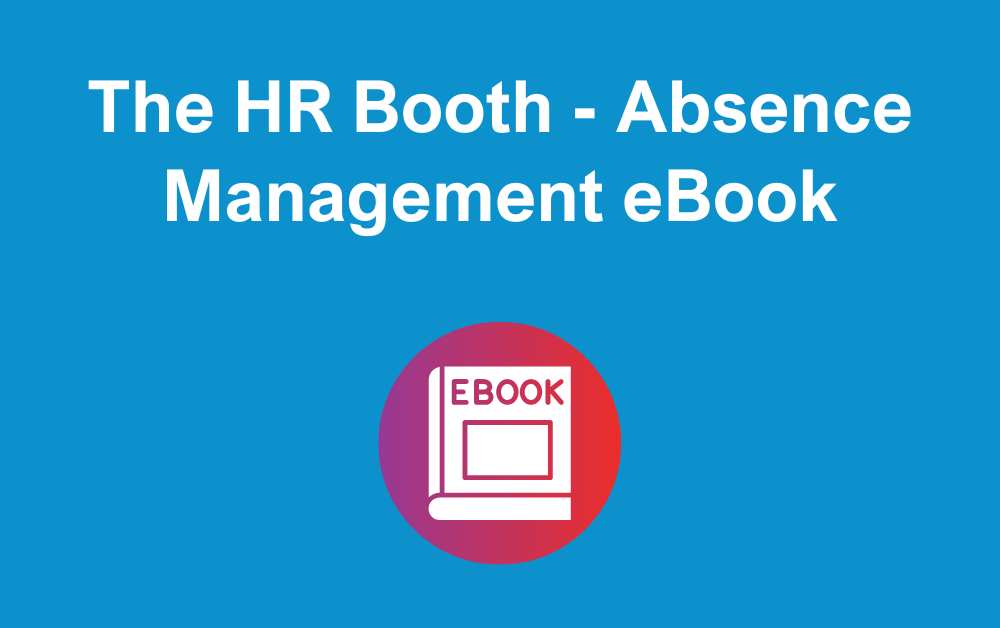
e-book content
There is a series of things you can do to encourage or improve good health and wellbeing; these play a crucial role in absence management, alongside the no-so-nice things, like disciplinaries for excessive or persistent absence, or those cases where you know your employee is pulling a fast one.
Download the Absence Management eBook
Promote Health & Wellbeing
Promoting health and wellbeing in the workplace can be a good method to boost morale and reduce absence. Encouraging good hygiene methods in the office such as hand-washing and providing hand sanitiser not only helps to prevent the spread of illnesses, it can also make employees feel more comfortable being in the office.
You can also promote the benefits of healthy eating and regular fitness to show your employees the physical and mental benefits it can bring. You may also wish to take things a step further and offer staff perks, like gym memberships or subscriptions to mental health apps, like Headspace.
Re-Introduce Home Working
One option you can consider is re-introducing home working during winter to reduce illnesses being passed throughout the workplace. If full time working from home isn’t possible, you can offer a more hybrid way of working. It’s important to discuss this with your employees to make sure they are happy with this.
During the pandemic we saw far fewer sick days being taken, so there’s something to be said for a more comfortable working environment. Perhaps in some cases, where an employee has a bad back, for example, they may be able to work at home, whereas getting into the office and sitting at a desk all day could prove too difficult.
Stress Management
This is the time of year when employees are working to get everything completed before the end of the year. With the added pressure of the lead up to Christmas and covering high levels of absence, this can be one of the most stressful times of the year. In addition, this can lead to high levels of stress and anxiety which can escalate to long-term absence.
It’s important to create a safe place where your team feel comfortable to express their feelings and stresses to you and your managers. We encourage you to have regular catch-ups with your staff to come up with suitable solutions. You can also offer stress management training to provide your workforce with tools to tackle this.
How to Deal with Frequent Absence
It’s important to monitor employee absence to pick up on patterns and higher levels of absence. Discovering these patterns will help you to spot this quicker in the future which will lead to less of an impact on your business. You must have a discussion with your employees about this to set clear expectations around high absence levels.
Return to work interviews are an important part of absence management. It gives you an opportunity to ensure you understand what has caused them to take time off. You can then confirm expectations on their return to work. Return to work interviews also help you to collect a paper trail which you can refer back to if absence levels worsen.
If you would like support with an employee absence management plan, you can contact one of our HR experts on 01383 668 279 or info@thehrbooth.co.uk.

